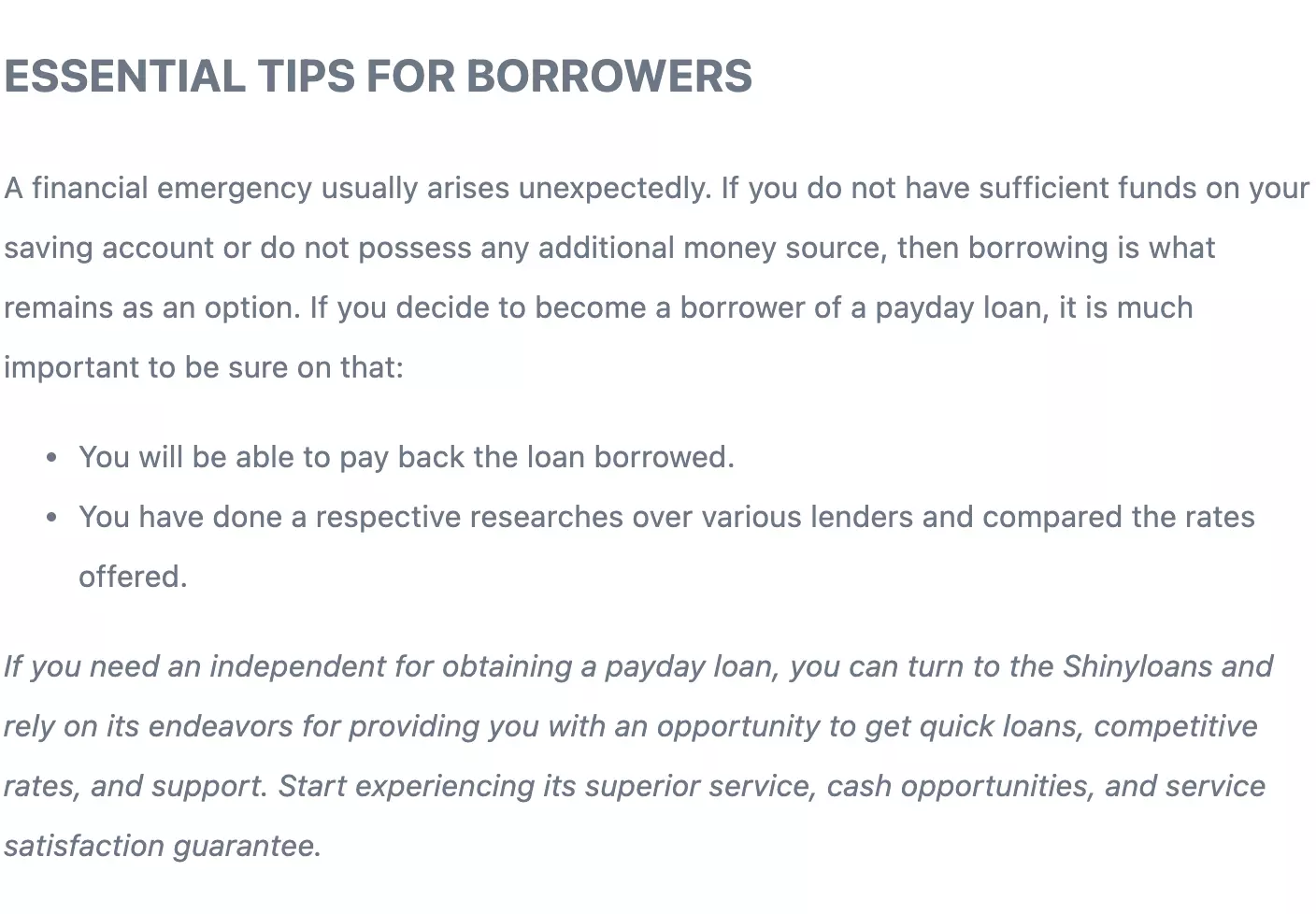Credit cards are provided by financial institutions and enable the owner to borrow money from that very institution. According to specific terms of the financial institution, cardholders are to pay interest for the card. There are three types of credit cards:
- Standard Cards are also called “plain-vanilla” as they don’t offer any frills or rewards and allow to have a limited revolving balance. These cards provide a line of credit to their users for making purchases or transfers.
- Reward Cards offer cashback and benefits from grocery, or dining purchases, or traveling.
- Charge Cards do not have spending limits, while they often do not allow unpaid balances to carry from month to month.
Using a credit card is a great way to build credit and pay for expenses; however, they can damage credit scores and cost lots of money when misused. Let’s now discuss the most common mistakes we make while using a credit card.
Always Making Minimum Payments
Paying the minimum amount all the time is not recommended, as it can add months, sometimes years, to the time it takes you to pay off the debt. It can also lead the user to fall into debt and gain unnecessary interest charges. Thus, having a payment plan can help you always make stable, on-time payments toward your balance.
Missing Payment Deadline
Remember, credit card providers do not have the right to add up penalties for late payments up to 30 days. However, if your payment is 30 days or more late, you may have two charges, a late fee, and interest on the balance. Besides, credit card issuers may report to the credit bureaus.
Reaching the Cap of Available Credit
The utilization rate will appear high in case of using the majority or all available credit. This can lower credit scores. It is in the best interest of the cardholders to comprehend their available credit balance, as their balance will increase, moving closer to their maximum credit limit. Once they reached their credit limit, their spending will be capped.
Closing Older Credit Card
One of the main factors making up a credit score is the length of time you have had a credit card. When you close your credit card, the length of your credit history is damaged. It is generally not advised to close especially older credit cards. For example, if you have a 5-year-old credit card and a 2-year credit card, the average year for your credit history is 3.5 years. If you close the older one, your credit age will decrease, reaching two years.
Having Many Inquiries
It is essential to monitor your credit, but making too many inquiries in a short time period can hurt your credit score. A free credit report once a year is enough to space out your applications for new credit lines.
Applying for Many Credit Cards
If you apply for a number of credit cards in a short period, the lenders may get suspicious about too many applications. Each credit card application can negatively affect your credit scores. Apply for a new credit card at a certain period of time.
Ignoring Credit Card Terms
All the cardholders should adhere to credit company terms and conditions to understand how the process is handled. Knowing credit card terms gives you more control over credit card costs. You are determined how to use and what to avoid while using the credit card. Once or twice a year is enough to review the terms of your credit card.
Taking a Cash Advance
Many credit cardholders can convert a portion of their credit limit into cash in the form of a cash advance. At the same time, credit card companies charge higher interest rates on cash advances than on regular purchases. Also, it is necessary to pay an upfront fee for taking a cash advance, five percent, to process the transaction.
Using Credit Cards for Everyday Items
Using credit cards for regular purchases is a trap. Making everyday purchases like paying utility bills or buying groceries via credit cards will increase interest charges on necessary items that you should buy directly with cash, a check, or a debit card.
Paying Medical Bills Via Credit Cards
Do not pay for medical bills through a credit card; this will add exorbitant interest rates onto your card. You had better obtain a medical credit card to use only for medical expenses, which can be acquired online or through medical providers’ offices.
If used wisely, credit cards can become helpful and convenient financial tools. Avoiding the mistakes mentioned earlier can put you on the right path.
.jpg)


(3).jpg)
.jpg)




.jpg)

.jpg)